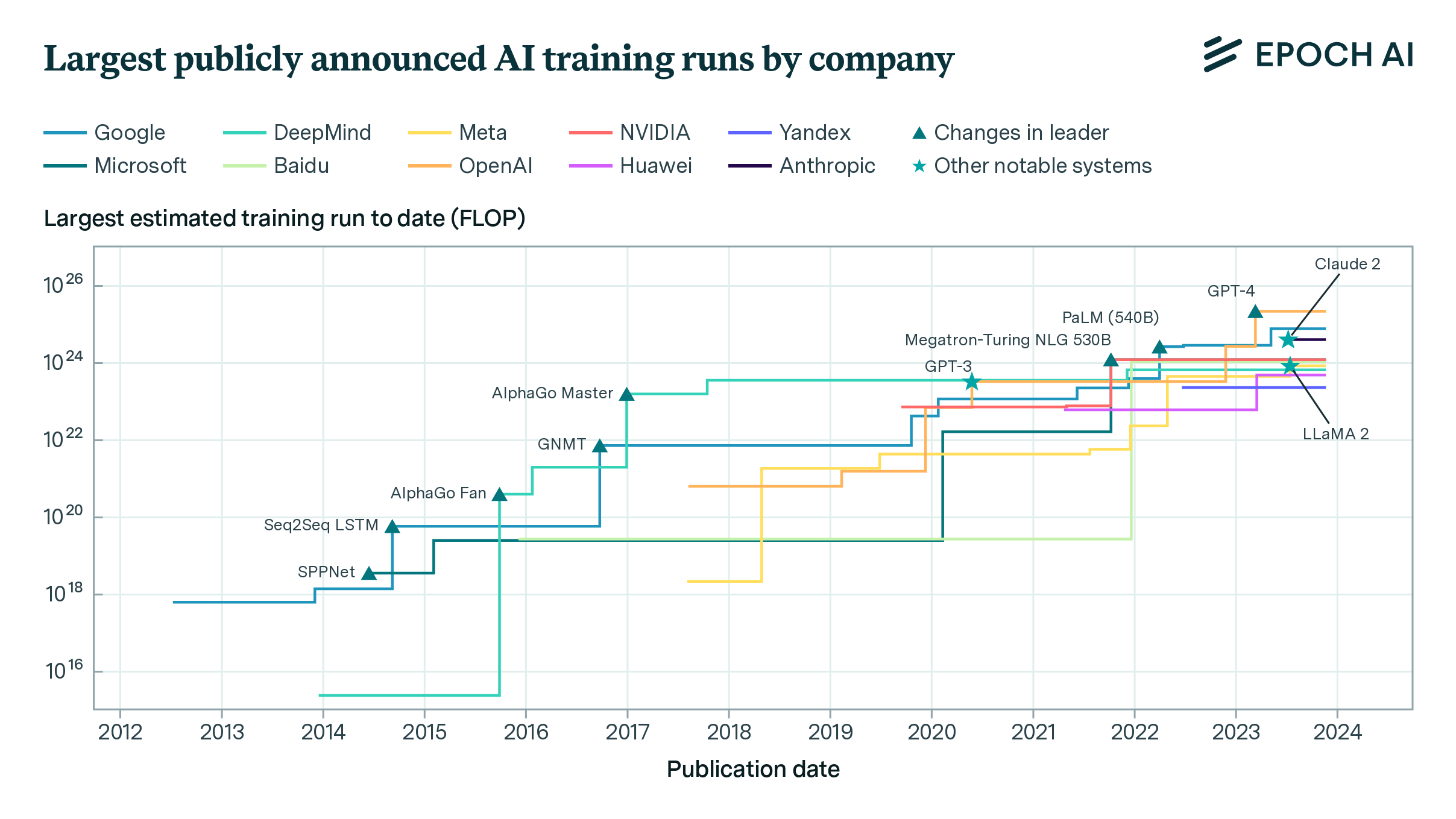OpenAI says it could rebuild GPT-4 from scratch with just 5 to 10 people
OpenAI recently announced that retraining GPT-4 could now be achieved with as few as five individuals, a significant advancement attributed to the breakthroughs made in their latest model, GPT-4.5. The company's CEO, Sam Altman, discussed this development in a podcast episode where key engineers shared insights on the process.
Reduced Team Size for GPT-4 Retraining
According to Alex Paino, who spearheaded pretraining machine learning for GPT-4.5, the retraining of GPT-4 would require just five to 10 people, a substantial decrease from the hundreds of individuals initially involved in building GPT-4. Paino mentioned the utilization of insights from the GPT-4.5 research program to streamline the process, making it more efficient and manageable.

Daniel Selsam, another researcher at OpenAI focusing on data efficiency and algorithms, echoed Paino's sentiments, emphasizing the newfound ease in rebuilding GPT-4. He highlighted that leveraging previous successes significantly simplifies the retraining process, making it more accessible and achievable.
Enhancements in GPT-4.5
OpenAI introduced GPT-4.5 in February, touting it as their most potent model yet. Paino emphasized that GPT-4.5 was designed to be ten times more intelligent than its predecessor, GPT-4, released in March 2023. This advancement showcases the company's commitment to pushing boundaries and achieving exponential growth in their AI models.
Future AI Developments
Sam Altman discussed how OpenAI is no longer limited by computing power, marking a significant shift in their capabilities. While many AI companies struggle with the constraints of computing resources, OpenAI's latest developments indicate a new era of unlimited potential in AI research and innovation.

As the demand for AI compute continues to rise, industry giants like Microsoft, Amazon, Google, and Meta are heavily investing in infrastructure to enhance their AI capabilities. This strategic focus on AI development underscores the importance of computational resources in driving technological advancements.
Challenges and Innovations
While advancements in computing power have enabled significant progress in AI, data efficiency remains a crucial factor in further innovation. Daniel Selsam emphasized the need for algorithmic innovations to maximize the value extracted from existing data, paving the way for future breakthroughs in AI development.
OpenAI's continuous efforts to streamline processes, leverage insights from previous models, and drive algorithmic innovations underscore their commitment to advancing AI research and reshaping the future of technology.
Original Source: Business Insider




















